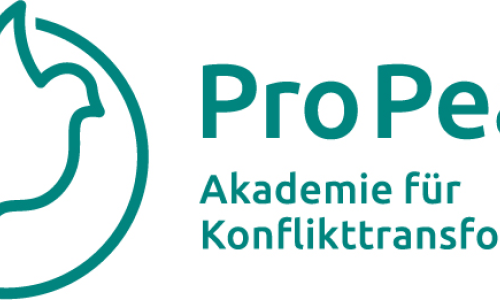Trauma-informed Peacebuilding
Understand how trauma shapes people, communities and organisations - and what peace and conflict workers need to work safely and effectively in these contexts. This course introduces practical, trauma-informed tools that strengthen trust, resilience and cultural sensitivity. You will also learn to set healthy boundaries when working with trauma-affected groups and to design projects through an intersectional lens. Build the awareness and skills needed to support healing while maintaining your own wellbeing.
By the end of the training, participants will have...
- good understanding of trauma and its impact on the brain, body, behaviour and relationships.
- an appreciation of collective, historical, and transgenerational trauma, including colonial and structural dimensions.
- increased self-awareness and self-care strategies to address secondary trauma and compassion fatigue.
- knowledge of trauma-informed tools and approaches for engaging safely and effectively with trauma-affected individuals and communities.
- increased understanding of how to analyse and plan projects and activities through a trauma-informed lens.
- begun to integrate trauma-informed principles — safety, trust, empowerment, choice, collaboration and cultural sensitivity — into conflict analysis, project planning and team dynamics.
The training is designed for people working in and intending to work in both front-line and management peacebuilding roles in conflict areas, with individuals and communities impacted by war, persecution, or other circumstances that can elicit trauma.
Lieu
Pour vous inscrire à ce cours, veuillez cliquer sur le bouton. S’inscrire maintenant
| Thèmes | |
| Langues | English |
| Évaluation | Certificate of Attendance |
| Public cible | |
| Méthodes | |
| N° de participants | 20 |
| Accréditation | |
| Certificat |
Si vous avez des questions sur ce cours, contactez-nous.
Pour envoyer un message, veuillez cliquer sur ce bouton Entrer en contact

